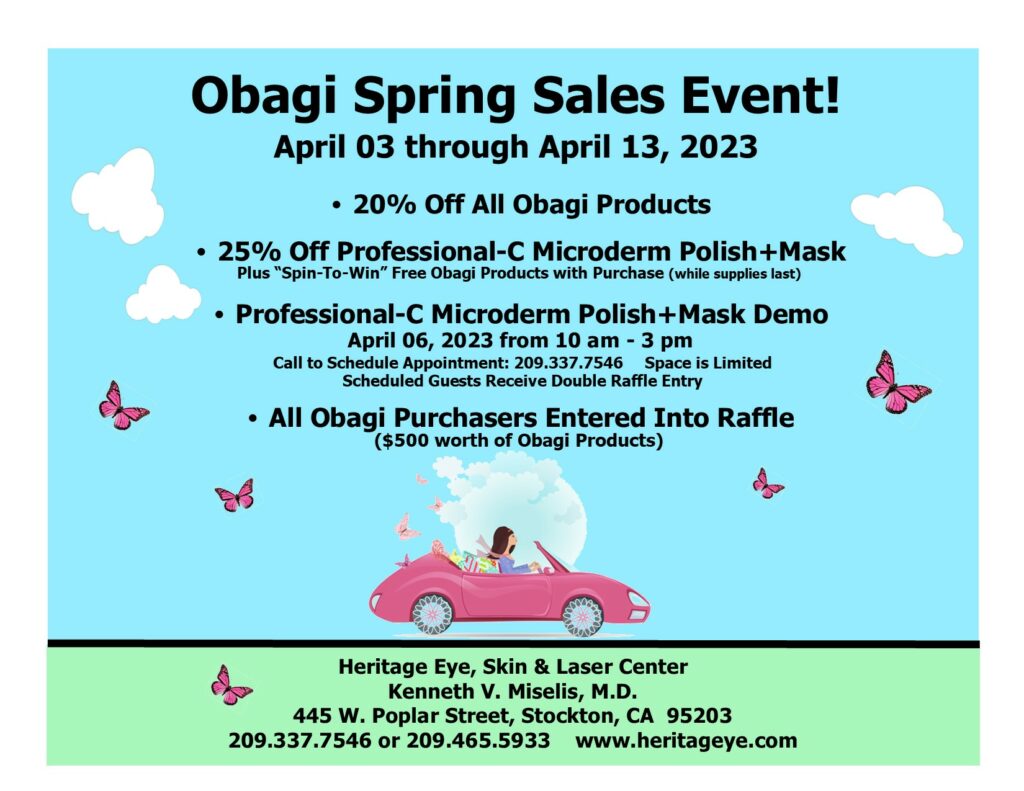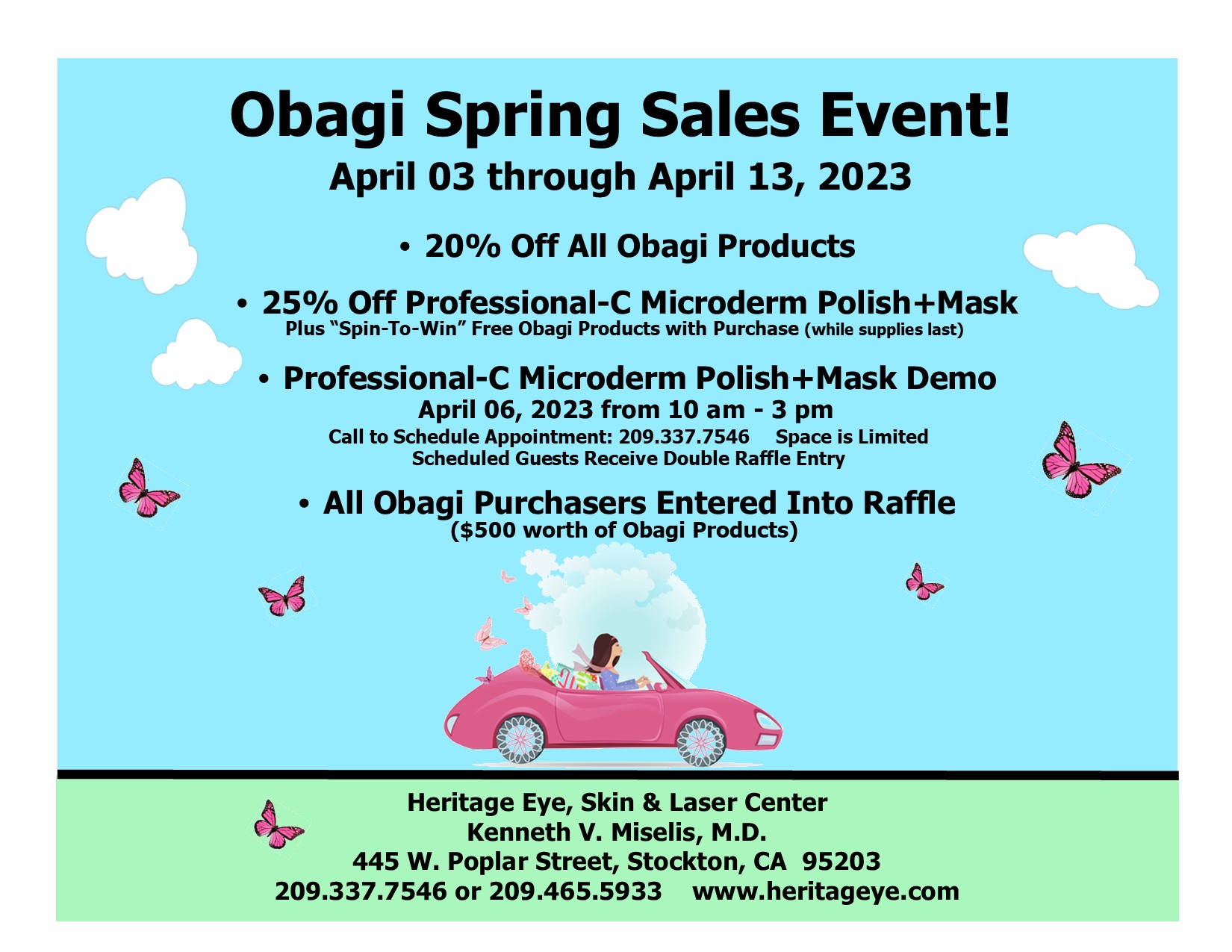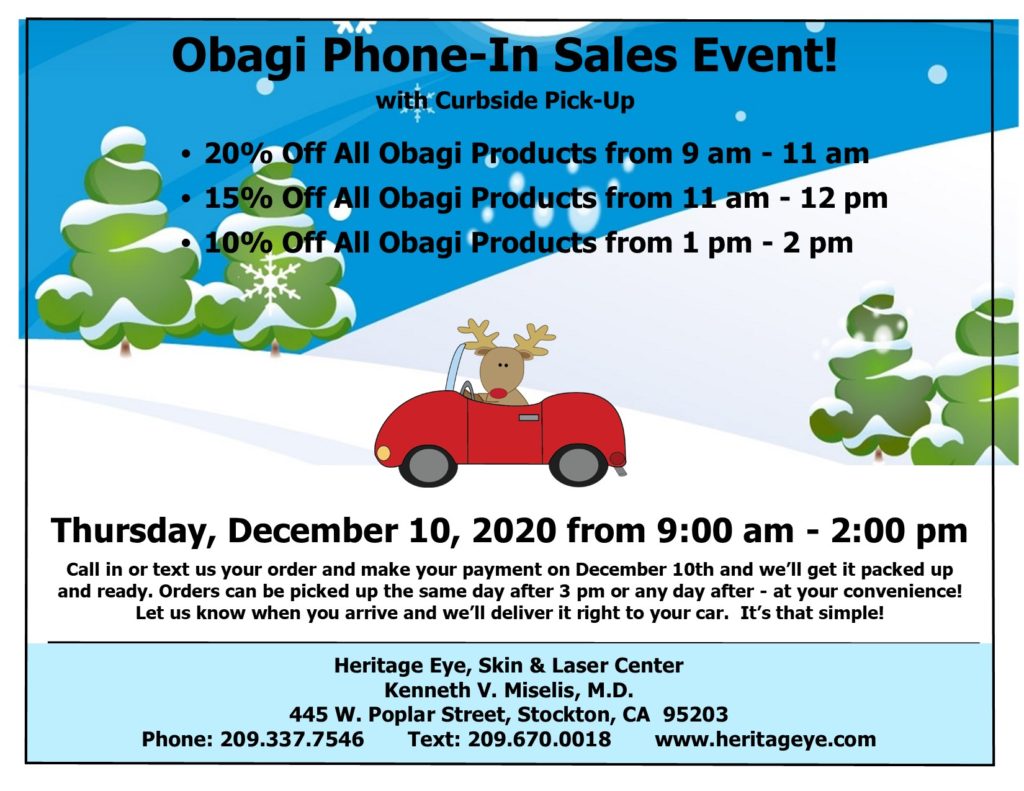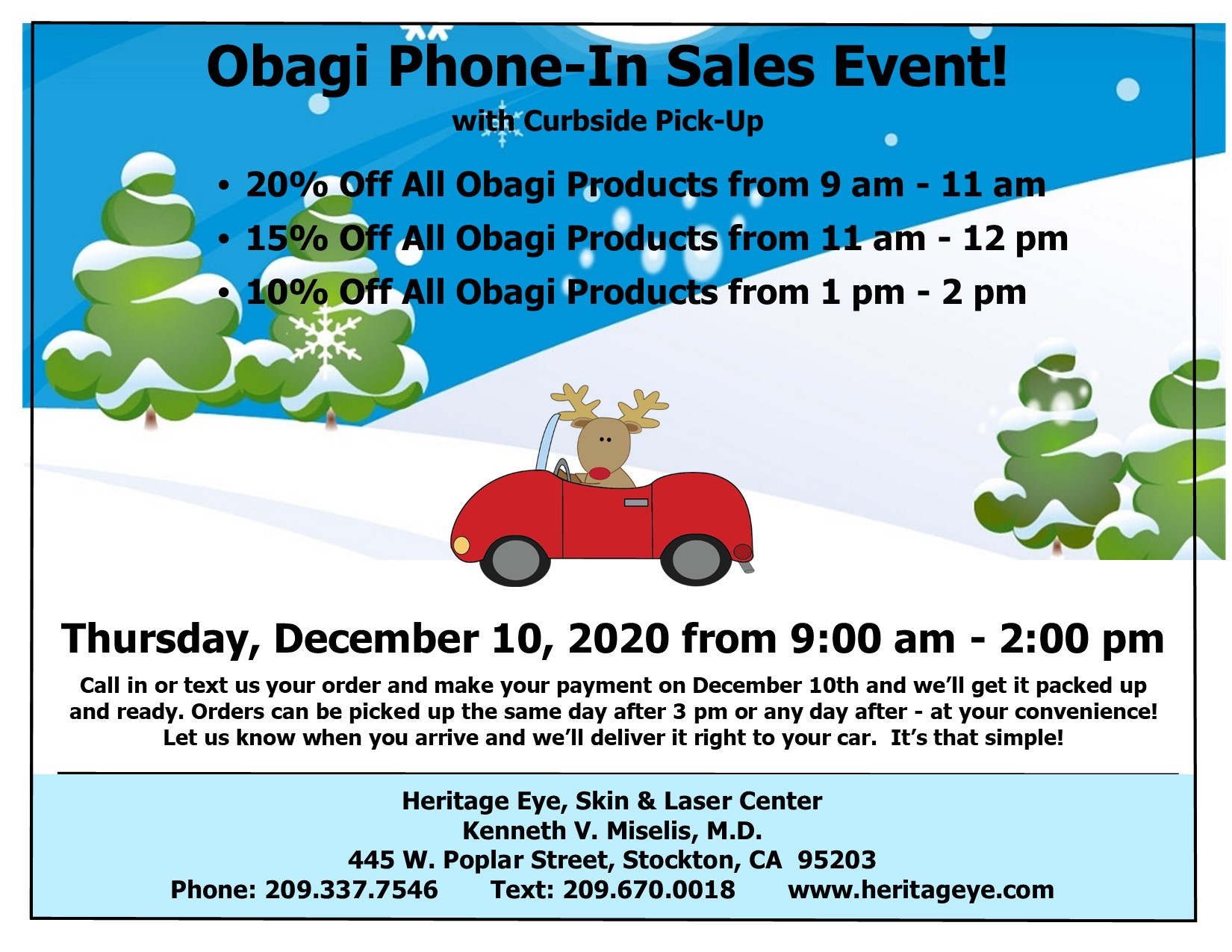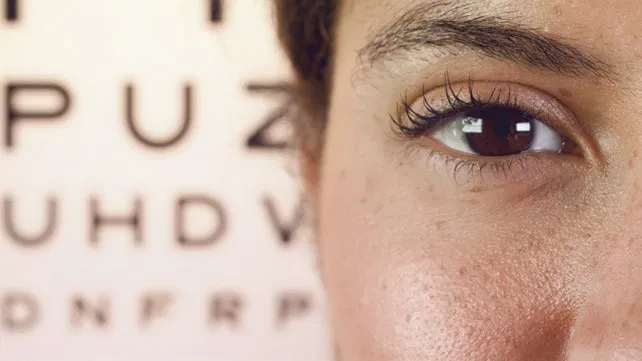
Using a Home Vision Test to Order Glasses Online
Edited By Vered Hazanchuk
Ordering glasses and contacts online is a tempting option. But how reliable are home vision tests, and should you use them to order new lenses?
“The public should understand that that these online tests can measure the power of your eyeglass prescription, but they can’t detect eye diseases that often have hidden symptoms,” said Michael X. Repka, MD, medical director of government affairs for the American Academy of Ophthalmology.
“While online tests for glasses prescription may be okay for adults 18-39 years of age with healthy eyes, they are not appropriate for those with an eye condition or risk factors for eye disease – such as having diabetes or a family history of glaucoma – or for those who have not had a recent eye examination.”
- How do home vision tests work?
Do-it-yourself vision exams are easy to find online. Verana Health offers a free app that allows patients to measure their vision using their smartphone and monitor changes in their sight over time. EyeQue’s Personal Vision Tester pairs your smartphone with a handheld miniscope to generate a personalized eyeglass prescription. And various other websites offer vision tests using a mobile device.
Some of these services ask you to stand about 10 feet away from your device in a well-lit area and speak the letters aloud as you look at an eye chart. Others, like EyeQue’s test, use a handheld device to check vision. The results are then reviewed by an ophthalmologist or optometrist, who issues a prescription that you can use to buy glasses online.
- Never use a home vision tests to order contacts
Experts strongly caution against using home eye exams to order contact lenses. Contacts should be fitted by an ophthalmologist or optometrist, who are trained to check for a good fit. Improperly fitting contact lenses can cause a range of complications, from redness and irritation to potentially blinding conditions such as a corneal infection.
- How reliable are home vision tests?
While mobile apps and other technologies are constantly improving, a home vision test won’t be as accurate or reliable as a test done by your optometrist or ophthalmologist.
A home vision test also won’t detect serious eye problems or underlying health conditions. Adults ages 18-39 years still need to have comprehensive eye exams every five to 10 years, even if they have no eye symptoms or risk factors for eye disease. These exams can detect common eye diseases as well as hidden conditions that may lead to blindness if not properly treated.
- Should I measure my vision at home?
Whether you should rely on a home vision test depends on your age, medical history and other factors.
Online vision testing should be limited to healthy adults (ages 18-39 years) who have a mild or moderate eyeglass prescription and no symptoms of eye disease.
It’s important to keep the following points in mind:
- Home vision exams are best used to update an existing prescription in adults who previously had a comprehensive eye exam.
- All corrective eyewear prescriptions must always be approved by an optometrist or ophthalmologist.
- If you have a high-power or irregular prescription, skip the home vision tests and schedule an exam with your ophthalmologist or optometrist.
- If you’re at risk for eye disease or have eye symptoms, see an ophthalmologist. Always schedule follow-up visits at the frequency your ophthalmologist recommends.
Even if you’re perfectly healthy, the best way to protect your vision is by having in-person comprehensive eye exams every year.

4 Ways to Keep Your Eyes Healthy This Fall
Wrtten By: Kierstan Boyd
For many people, autumn is a time for enjoying the outdoors. Camping under crisp, starry skies; picking apples; sitting around a bonfire—these activities and more are some of the hallmarks of the fall season.
Here are 4 ways to make sure your eyes stay healthy this fall, and throughout the rest of the year.
Protect those peepers when raking leaves.

Raking or blowing leaves can send pieces of plant material into your eyes. That could lead to an eye infection called fungal keratitis. As with any yard work, be sure to wear protective glasses or goggles to keep your eyes safe. Also, if you wear contact lenses, disinfect them right afterwards.
Avoid the horrors of non-prescription costume contact lenses this Halloween.
 Decorative contact lenses can really enhance a Halloween costume. However, wearing costume lenses not prescribed by an eye doctor who has examined your eyes can lead to frightful consequences. Besides being illegal, non-prescription contact lenses may be ill-fitting and non-sterile, causing painful, sometimes blinding eye infections. Be sure to have an eye exam and get properly fitted for the colored contacts you want.
Decorative contact lenses can really enhance a Halloween costume. However, wearing costume lenses not prescribed by an eye doctor who has examined your eyes can lead to frightful consequences. Besides being illegal, non-prescription contact lenses may be ill-fitting and non-sterile, causing painful, sometimes blinding eye infections. Be sure to have an eye exam and get properly fitted for the colored contacts you want.
Keep your eyes moist during autumn’s cooler, dryer weather.

With fall breezes may come burning, stinging and watery eyes. Dry, cold air is the culprit, often causing dry eyes. Keep your eyes moist with artificial tears. And try to avoid overly-warm rooms, wind or hair dryers—things that dry out your eyes even more.
Reap the harvest of fall’s eye-friendly foods.

Autumn’s bounty is a feast for healthy eyes. Full of antioxidants like vitamin C, vitamin A and other nutrients, enjoy the season’s fruits and vegetables, such as:
- apples
- pears
- pomegranates
- squash
- turnips
- cauliflower
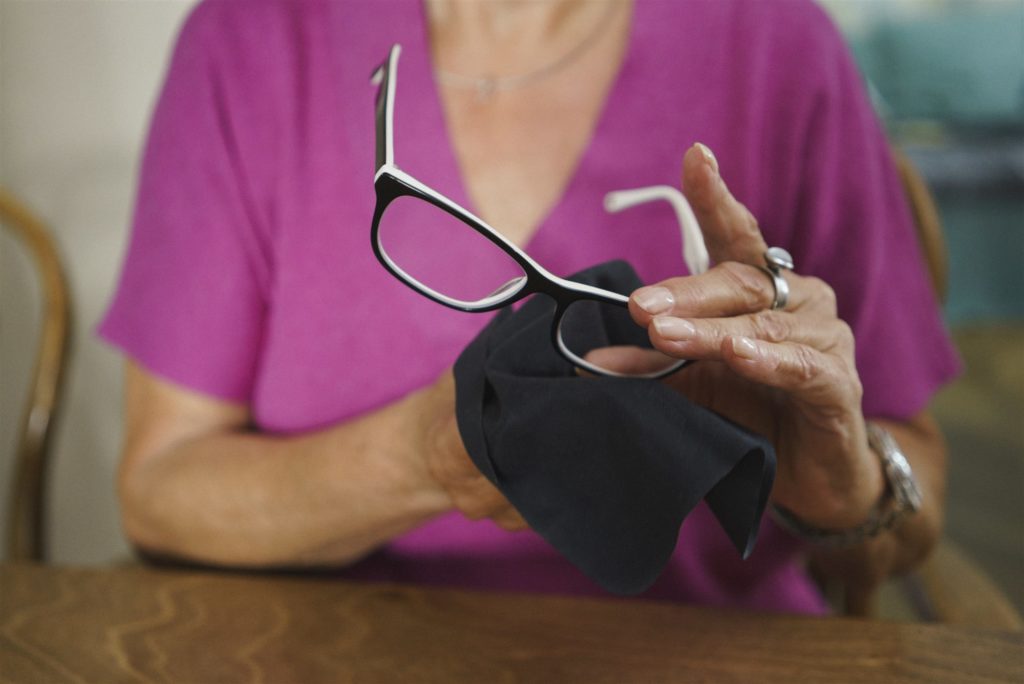
Glasses can act as a barrier between you and a person who is coughing or sneezing, but that also means the virus can lurk on the surface.
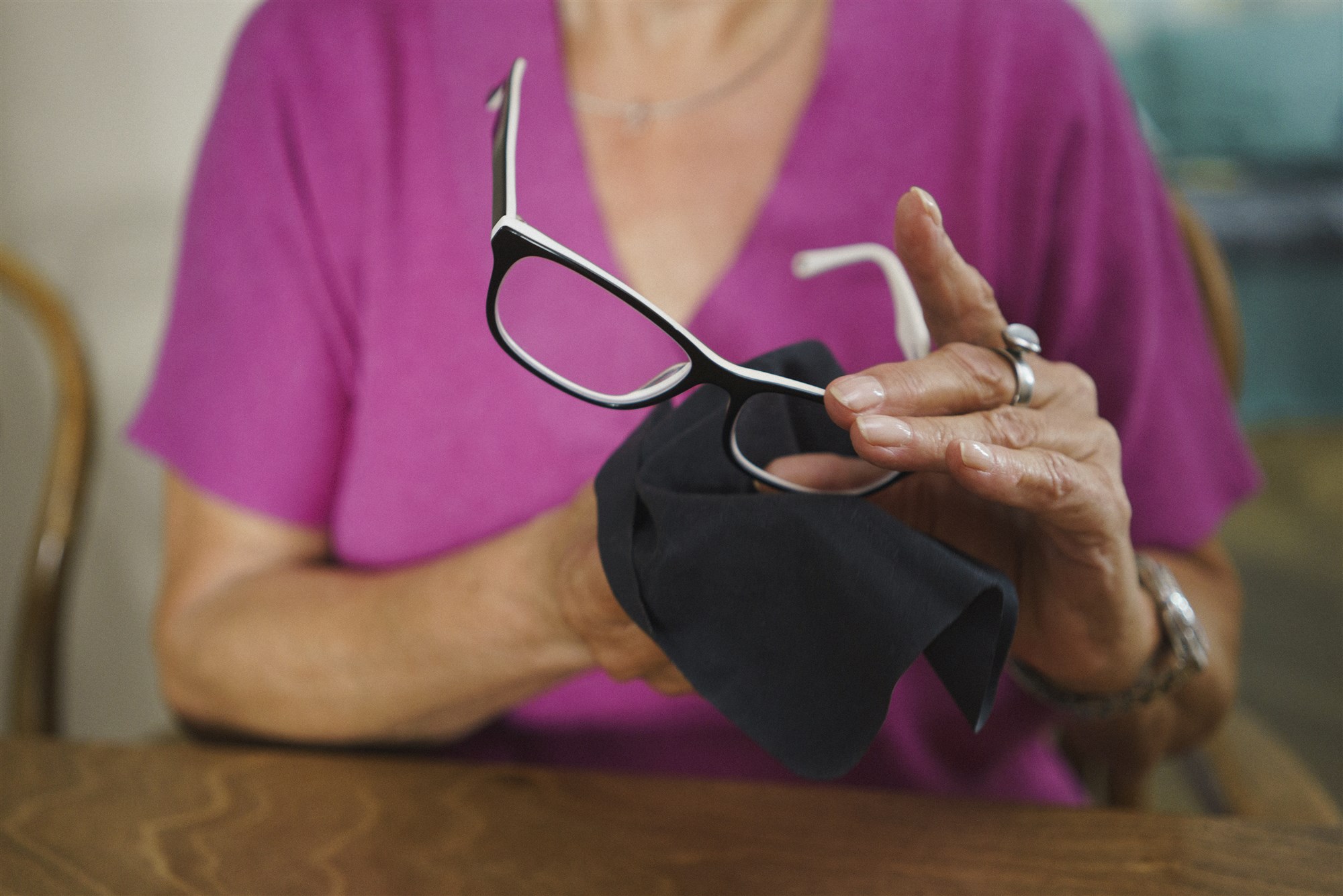 May 20, 2020, 5:10 AM PDT / Source: TODAY
May 20, 2020, 5:10 AM PDT / Source: TODAY
By A. Pawlowski
Amid all the warnings about contaminated surfaces possibly spreading the new coronavirus, many people may not be aware of a “surface” they’re touching all day: their glasses.
When going out in public, prescription specs or sunglasses can serve as a kind of barrier between the wearer and strangers who are coughing or sneezing, with the respiratory droplets landing on the lenses.
The virus can persist on glass for up to four days, one study found. It can also be detected for up to two to three days on plastic and stainless steel — materials that may be used in lenses and frames.
People often take glasses on and off all day, potentially transferring more of the virus onto their specs with their hands. Some rub their eyes after handling glasses or put the tips of the frame into their mouths, potentially exposing them to the pathogen.
NBC contributor believes he got coronavirus through his eyes — how does that happen?
Dr. Barbara Horn, president of the American Optometric Association, said she’s become much more conscious of the cleanliness of her eyewear during the pandemic.
“It’s very important,” Horn, an optometrist who lives in Myrtle Beach, South Carolina, told TODAY.
“I’m certainly not saying glasses are the main culprit by any means, but you just always want to be careful — making sure you’re cognizant of the fact that glasses can transfer (the virus) and be aware of how to clean them properly.”
Here are Horn’s tips for disinfecting glasses:
Clean your glasses after being out in the public:
Horn doesn’t need prescription glasses, but wears sunglasses constantly and makes sure to clean them after a trip to the grocery store or other places where she’s around other people.
“Every time I walk in my home, the first thing I do is… wash my hands and then wash my glasses,” Horn said.
Soap and water are the best option
The new coronavirus is very sensitive to all soaps, said Dr. Joseph Vinetz, an infectious disease doctor at Yale Medicine in New Haven, Connecticut.
Always rinse the lenses first with water to avoid grinding any particles that may be on the surface into the glasses and scratching them, Horn advised.
Put a drop or two of soap, like dish soap, onto the lens and rub it around lightly with a microfiber cloth.
Disposable lens cleaning wipes can work, too.
Make sure to clean the nose pads, which touch the face constantly and can get dirty, and the edge where the lens meets the frame: “Lots of dust and debris can get trapped in that little space,” Horn said.
Don’t forget to clean the frame, including the earpiece that goes behind the ear.
Rinse and dry with a soft cloth. Avoid using paper towels, which have fibers that can easily scratch lenses. If using a non-disposable cloth to clean glasses, wash that cloth as well after cleaning the specs.
It’s the same procedure for sunglasses.
Don’t worry about the little screws in the frame rusting if you wash your glasses. It shouldn’t happen if you let the frame air dry, plus screws can be easily replaced, so that shouldn’t be a concern, Horn said.
Don’t blow on glasses to clean them
Many people use their breath to steam up the lenses to try to clean them. “Especially right now, you don’t want to breathe on your glasses,” Horn said, to avoid putting any germs on them.
Don’t use rubbing alcohol or bleach
These cleaning agents can be harsh on anti-reflective or non-glare coatings on lenses, Horn cautioned. They could also make the frame more brittle. Stick to soap and water.
Household disinfecting wipes should be OK to use occasionally on frames, but again, skip the lenses, she advised.
Don’t put the frames in your mouth
It’s a common habit, but it’s not a good idea since frames may be germy and potentially lead to an infection, “especially during these times,” Horn said.
The same goes for rubbing your eyes, especially since coronavirus can enter the body through them, binding to receptors on the surface of the eyes and spreading throughout the body, NBC News medical correspondent Dr. John Torres told TODAY.
Another reason: People can actually go blind from rubbing their eyes because they can break down the front layer of the cornea, Horn warned.
Bottom line:
Touching glasses can potentially spread germs so cleaning them throughout the day — especially during a pandemic — would be ideal, Horn said.

